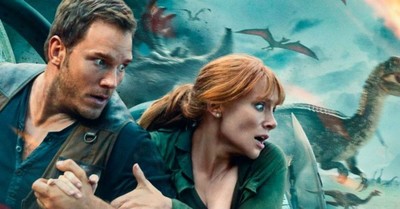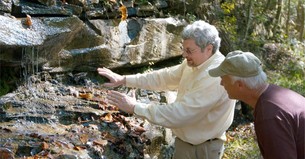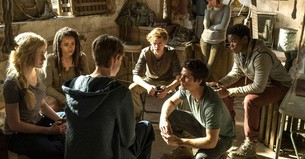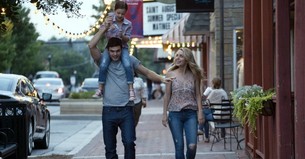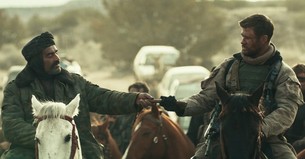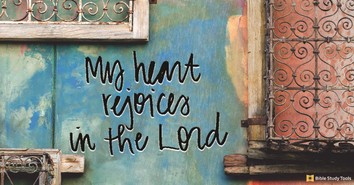Movie Reviews
Topics:
Christian Movie Reviews - Family Friendly Entertainment & Ratings
Find the latest movie reviews here at CrossWalk.com! We offer family friendly movie reviews from a Christian perspective allowing you to make an informed decision prior to going to the theater. Our Christian movie reviews include your standard information such as release date, rating, genre, run time, director, and actors, but they will also include "cautions" about language, profanity, alcohol, smoking, drug use, violence, crime, religion and morals. You can also find Christian music, Christian video, Christian news and much more all free on Crosswalk.com
